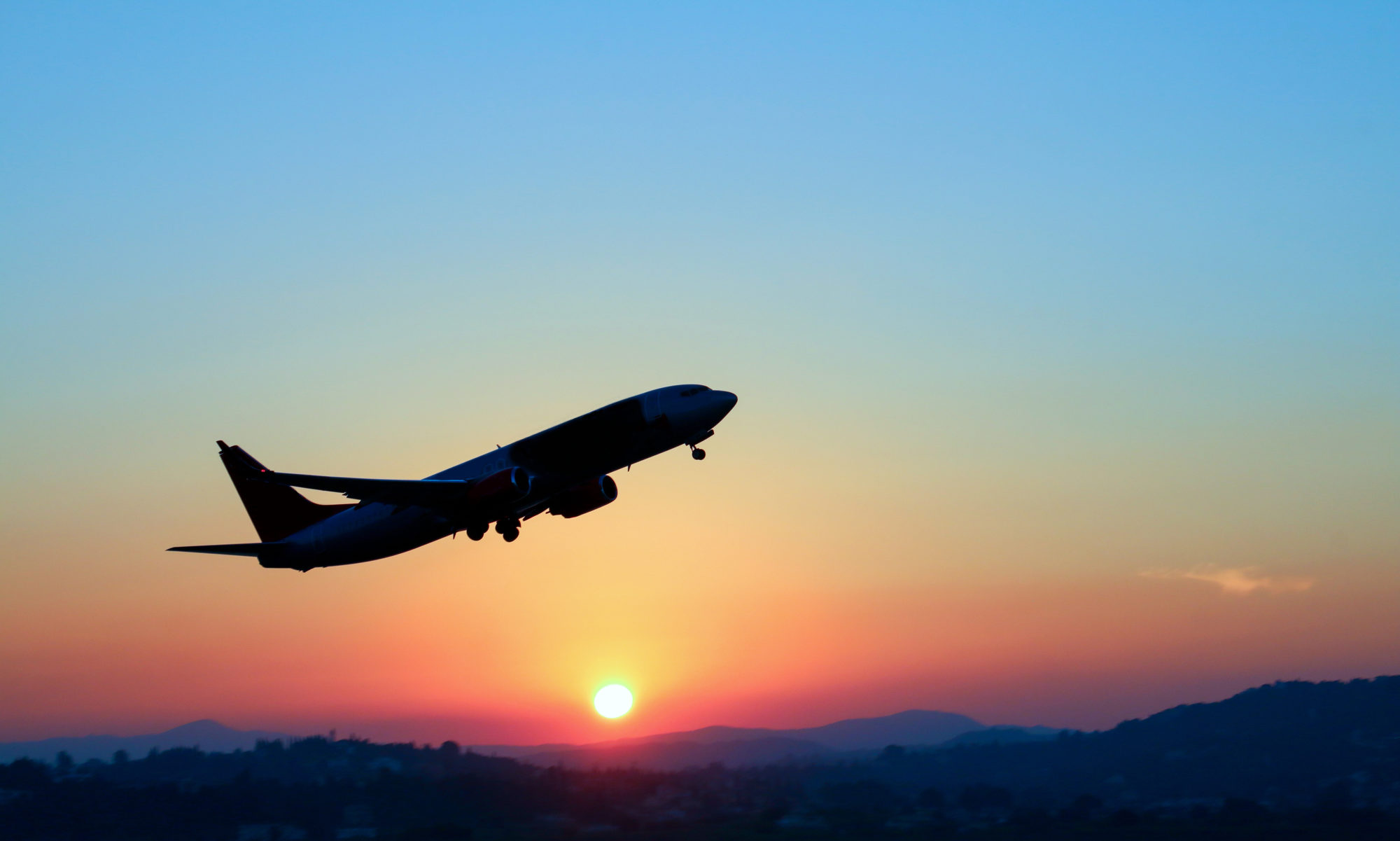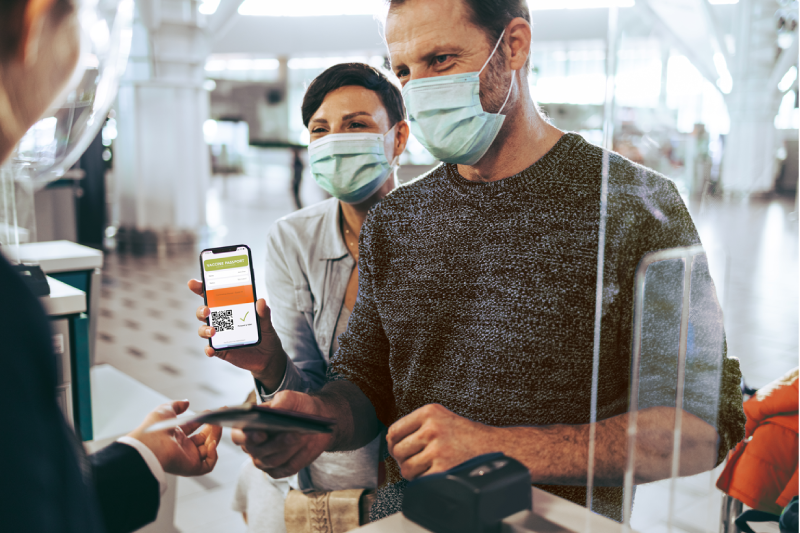Now that the Biden administration has announced the reopening of the US land border to fully vaccinated Canadians in November (we hope sooner rather than later), the question remains: what documentation (paper or digital) will you need to get into shopping malls, restaurants, sports arenas, hotels—all of those venues that make for a satisfying vacation or visit with family?
The short answer is: that depends where you end up. The equally short one is: you should do just fine with the proof most vaccinated Canadians currently have.
One of the most frequent questions we have heard from concerned Canadians planning southbound travel has been: “What about the AstraZeneca shot that was mixed in with my Moderna or Pfizer jab? Does that qualify as the approved second shot needed for full vaccination status?” That’s not a trivial question as the US CDC has not yet approved AstraZeneca. But the issue has been raised to the higher levels in the CDC, which is still fine-tuning the details of vaccine documentation rules for the border reopening. So just wait and see.
We’ve also heard that some Canadians planning southbound trips “come hell or high water” have added booster shots of Moderna or Pfizer to their vaccine records just to make sure they’ve covered all bases. Good thinking.
So who’s really checking?
Given that the server in a Cheesecake Factory restaurant (who is also charged with examining your documents) is not likely to know (or care) about the mixing of vaccines, the worst that can happen is that you might have to have your dinner carried out to you in your car.
Earlier in one of our articles, we noted that 20 states have banned businesses from demanding or asking for proof-of-vaccination requirements. These are: Alabama, Alaska, Arizona, Arkansas, Florida, Georgia, Idaho, Indiana, Iowa, Missouri, Montana, North Dakota, Ohio, Oklahoma, South Carolina, South Dakota, Tennessee, Texas, Utah, and Wyoming. As of October 13, 2021, this lineup remains intact.
Four states (California, Hawaii, New York, and Oregon) have facilitated the creation of digital vaccination status applications or proof-of-vaccination programs that allow fully vaccinated people to bypass some coronavirus restrictions. Among these, California has implemented the strictest vaccine monitoring programs, and also maintains the most stringent masking, distancing, and social gathering regimens—although these are not applied on a statewide basis. Local county/municipal authorities have a good deal of latitude in determining what requirements they want to impose on their business patrons and guests.
Florida, by contrast—and to a similar extent Arizona—allow residents and visitors to use their best judgement about masking, distancing, and gatherings such as sports events. In these states, vaccine mandates are off the table—although in some instances they’re being challenged by the courts. But in the US that’s a never-ending process.
Given the very positive response to the reopening decision (which many state legislators have been aggressively promoting for several months), Canadians can expect a resounding welcome once they cross the world’s “longest undefended border.”
© Copyright 2021. Milan Korcok. All rights reserved.

